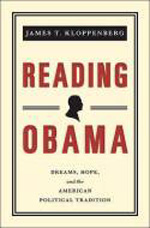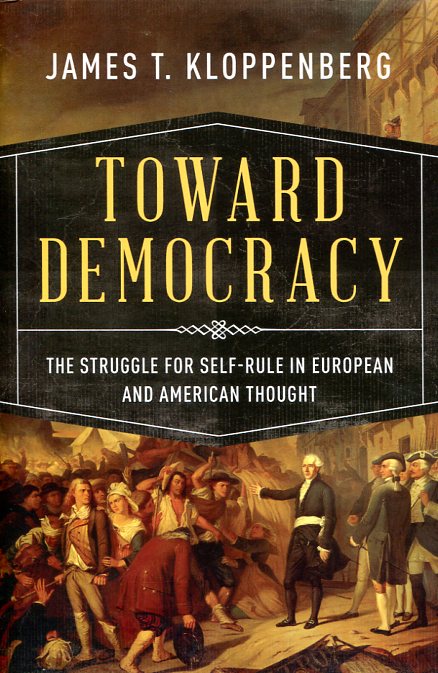Reading Obama
dreams, hope, and the american political tradition
- ISBN: 9780691147468
- Editorial: Princeton University Press
- Fecha de la edición: 2010
- Lugar de la edición: New Jersey. Estados Unidos de Norteamérica
- Encuadernación: Cartoné
- Medidas: 22 cm
- Nº Pág.: 296
- Idiomas: Inglés

Barack Obama puzzles observers. Derided by the Right as dangerous and by the Left as spineless, Obama does not fit contemporary partisan categories. Instead, his writings and speeches reflect a principled aversion to absolutes that derives from sustained engagement with American democratic thought. "Reading Obama" traces the origins of his ideas and establishes him as the most penetrating political thinker elected to the presidency in the past century. James T. Kloppenberg demonstrates the influences that have shaped Obama's distinctive worldview, including Nietzsche and Niebuhr, Ellison and Rawls, and recent theorists engaged in debates about feminism, critical race theory, and cultural norms. Examining Obama's views on the Constitution, slavery and the Civil War, the New Deal, and the civil rights movement, Kloppenberg shows Obama's sophisticated understanding of American history. Obama's interest in compromise, reasoned public debate, and the patient nurturing of civility is a sign of strength, not weakness, Kloppenberg argues. He locates its roots in Madison, Lincoln, and especially in the philosophical pragmatism of William James and John Dewey, which nourished generations of American progressives, black and white, female and male, through much of the twentieth century, albeit with mixed results. "Reading Obama" reveals the sources of Obama's commitment to democratic deliberation: the books he has read, the visionaries who have inspired him, the social movements and personal struggles that have shaped his thinking. Kloppenberg shows that Obama's positions on social justice, religion, race, family, and America's role in the world do not stem from a desire to please everyone but from deeply rooted - although currently unfashionable - convictions about how a democracy must deal with difference and conflict.







